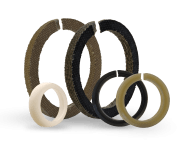
Garlock LubriKup® Sealing products including flange rings, split rings, and pressure actuated rings.
Garlock LubriKup® Sealing products including flange rings, split rings, and pressure actuated rings.
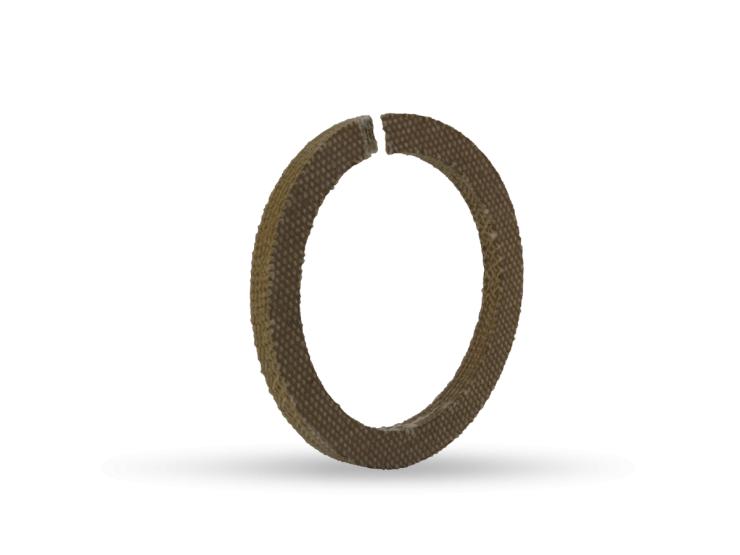
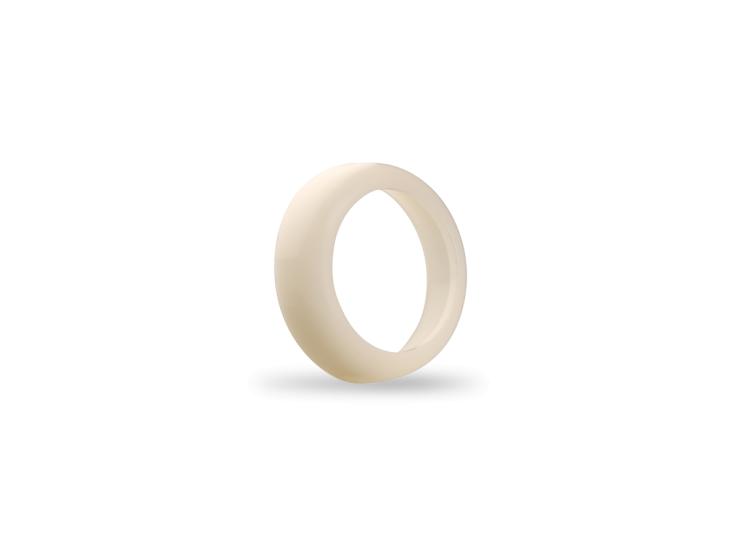
LubriKup® Type HR Seating Cups are molded to the proper density and ensure a precise fit in accordance with API standards. Type HR Seating Cups are available in Regular Composition, Hi-Temp, and Nylon-Plastic.
LubriKup® Type O Seating Rings are molded with the same precision as the Type HR seating cups and are made in a similar design, with the exception that the clamping flange is omitted. Type O Seating Cups are available only in Nylon-Plastic.
Both types are available in most common sizes.
Fabric Reinforced Materials
Style 667 – Industry Standard Density: Hard Max. Temp.: 250° F (121° C)
Style 749 – Premium Grade Density: Hard Max. Temp. : 300° F (149° C)
Lo-Friction Materials
Style 100 Density: Hard Max. Temp.: 250° F (121° C)
Style 500 Density: Hard Max. Temp.: 300°F (149°C)

The LubriKup® PA ring is designed to give superior service in the time-tested pressure-actuated plungers used extensively in the oil industry. Field testes have shown excellent ring life and high pump efficiency.
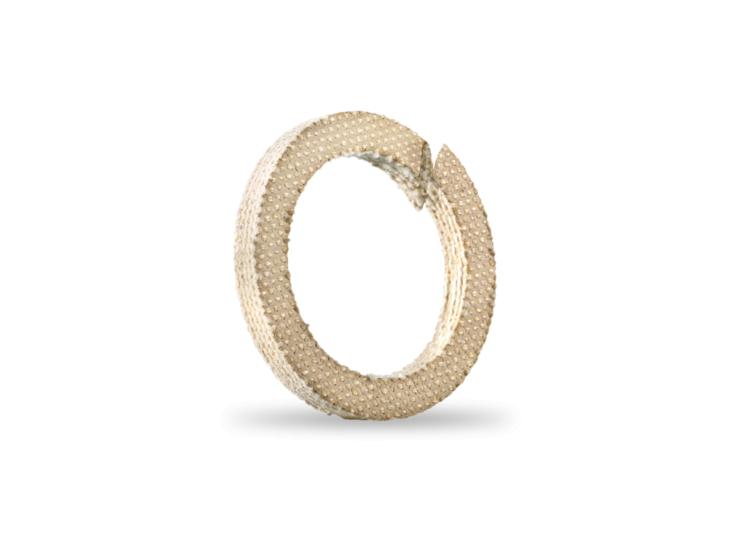
LubriKup® Type B flange and split-composition rings are made from a blend of duck and rubber specially compounded for oil well pumping. Each ring is precision-ground to assure uniformity of bearing contact in precision barrel tube or working barrel. The rubber is compounded to resist bloom that gives unnatural swell. The material will resist temperatures up to 270°F (132°C) with excellent results.
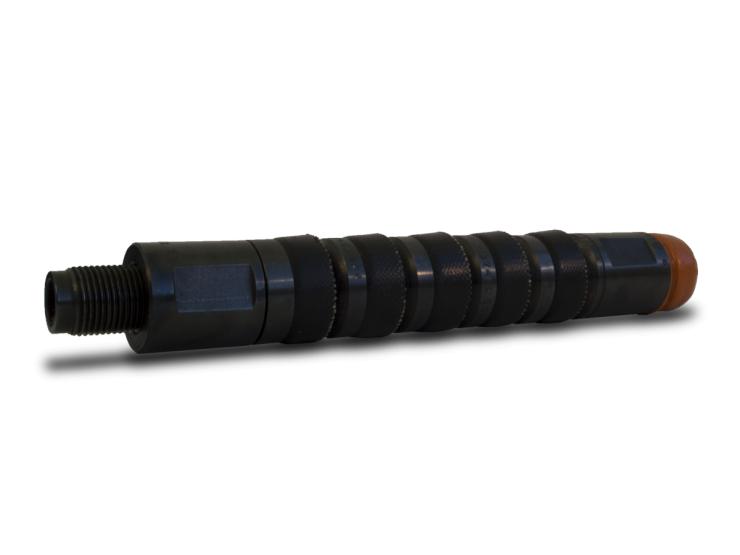
LUBRIKUP® Valve Cups are available in API, Lip-Type, and our original Wood-Type designs in hard, medium, and soft densities. Product compositions are cotton duck and rubber, and our premium reinforced material is specially formulated for LUBRIKUP®, along with our Lo-Friction material.
Fabric-Reinforced
Premium-Grade
Lo-Friction
The basic ingredient of all Lo-Friction materials, except the soft Type #58, is nylon-plastic. Nylon has general characteristics of strength, toughness, and resiliency, plus abrasion and corrosion resistance. It also has a low coefficient of friction. Because of its high melting point, it is very good for operations requiring higher-than-normal heat resistance.
Copyright © 2023 Erith, All Rights Reserved